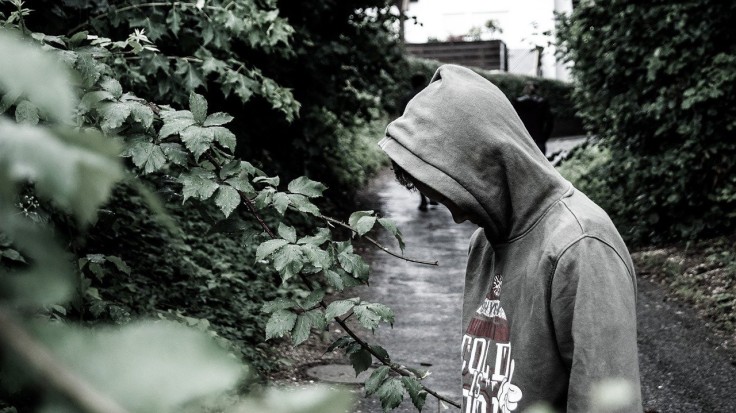
The father of a teen who took his own life said he is pleased by the progress of a suicide prevention scheme but thinks more could be done to tackle this problem.
Ben Murray died after being told by letter to leave the University of Bristol, according to the Guardian. His father, James Murray, campaigned for relaxation in data protection laws so that families could be contacted if there were concerns about their children.
Following Murray's death, an opt-in program was created to allow universities to do so. When the 19-year-old died on May 5, 2018, he was in the midst of being dismissed from the University of Bristol in a formal process that involved no face-to-face meetings.
Ben suffered from anxiety before committing suicide
Ben had missed exams and lectures for his English Literature course and told the University he was suffering from anxiety. He has been described as sensitive, kind, and intelligent.
The opt-in program, pioneered at the University of Bristol, allows a relative or parent of a student to be contacted if the student consents. The university confirmed to BBC News that the proportion of students choosing to opt-in has consistently remained around the 90 percent mark since the program was introduced in September 2018.
The university contacted parents or designated contacts 36 times in the first year of the opt-in scheme during the 2018/19 academic year. This figure has almost tripled to 98 in the 2021/22 academic year.
The grieving dad said that you would hear parents and families who have been bereaved talking about how they want to avoid this thing from happening to other families. He added that quite often, they just set out to save one person's life, and that is enough for them because they know the devastation that goes with the loss of just one life.
He said that amongst the 98 people whose families were contacted by Bristol because they had serious concerns about their mental health, one was perhaps helped to safety, which is enough for them.
Only 28 universities have taken up the opt-in program
Alison Golden, the director of student health and inclusion at the University of Bristol, said that it has to be significant for them to call and have serious concerns about the student.
She said they try to tell the student in advance that they will contact their emergency contact. She added that it is when they want to add something extra to the support network they are putting around that student where they feel they can't manage and are struggling to get them to engage.
Golden noted that it is too complicated an issue to say the scheme will save lives, but she guesses it is an extra tool they use as part of their framework to support students. According to The Times, only 28 universities have taken up the opt-in scheme to contact the guardian or parent of a student in crisis.
Related Article: Students in Turmoil as Jackson, Mississippi Water Crisis Worsens